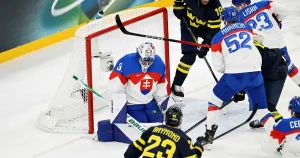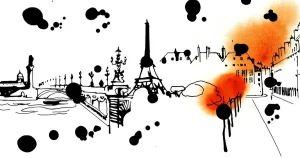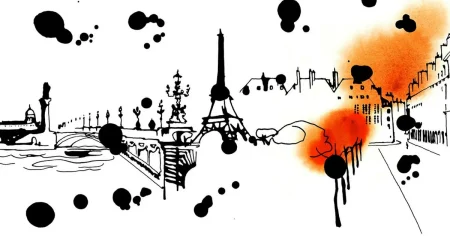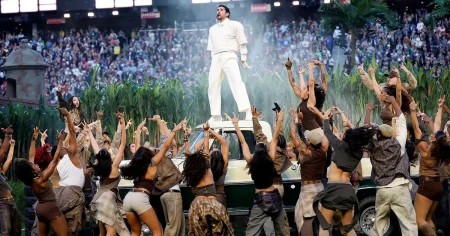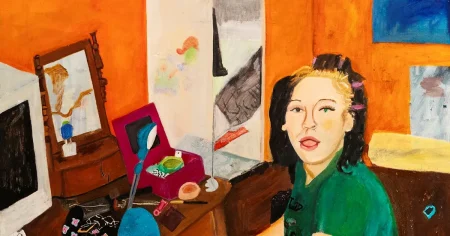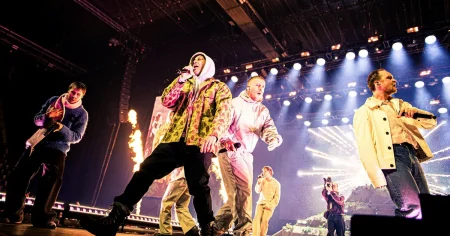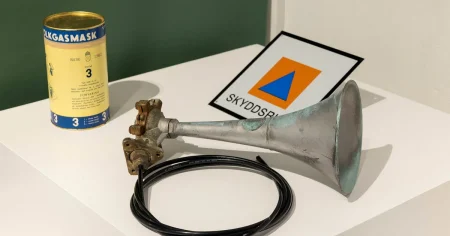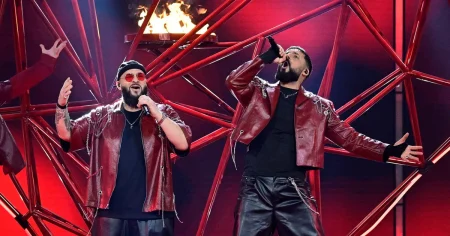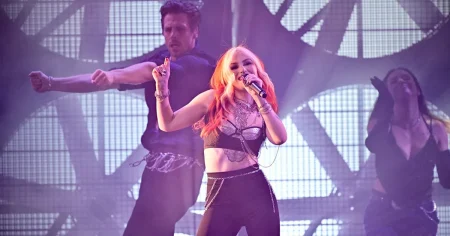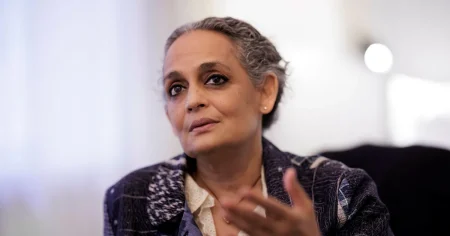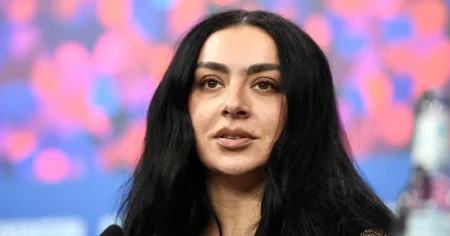”The Mod Squad,” a groundbreaking American television series airing from 1968 to 1973, captured the spirit of the counterculture era by presenting a ”hip” and youthful approach to crime-fighting. Known as ”Gänget” during its brief run on Swedish television, the show resonated with the 68-generation, offering a stark contrast to traditional police procedurals. The series centered on three unconventional undercover detectives, each hailing from distinct backgrounds, whose unique styles and familiarity with the era’s subcultures allowed them to infiltrate criminal circles inaccessible to conventional law enforcement. This premise enabled the show to explore a range of contemporary social issues, including drug abuse, racial prejudice, and the generation gap, while maintaining a fast-paced, action-packed narrative.
The trio of undercover agents comprised Pete Cochran, played by Michael Cole, Linc Hayes, portrayed by Clarence Williams III, and Julie Barnes, brought to life by Peggy Lipton. Their contrasting personalities and backstories provided a dynamic interplay, fostering both dramatic tension and comedic moments. Cochran, a runaway from a wealthy family, offered a connection to the affluent world, while Hayes, an articulate and politically conscious Black man, provided a voice for the marginalized. Lipton’s Barnes, a runaway flower child, represented the era’s youth counterculture and its inherent idealism. Their youthful perspectives and unconventional methods often clashed with the established norms of the police force, represented by their gruff but ultimately supportive captain, Adam Greer.
”The Mod Squad” stood apart from other crime dramas of its time due to its focus on social relevance and its stylish portrayal of the era’s youth culture. The show’s wardrobe, music, and slang reflected the contemporary trends, immersing the audience in the world of the late 1960s and early 1970s. The series tackled controversial subjects head-on, often depicting the harsh realities faced by marginalized communities and the complexities of the counterculture movement. This commitment to social commentary resonated with a younger audience who felt represented by the show’s protagonists and their struggles.
The series proved to be a career-defining role for Michael Cole, marking his most prominent contribution to television. Later, he also had a stint on the popular television series ”Murder, She Wrote.” His passing marked the final chapter for the original ”Mod Squad” trio, following the deaths of Clarence Williams III and Peggy Lipton. Lipton, who was married to music mogul Quincy Jones for many years, passed away in 2019. The actors’ collective legacy remains intertwined with the iconic series that launched their careers and captured a pivotal moment in cultural history.
The impact of ”The Mod Squad” extended beyond its entertainment value, contributing to a shift in how law enforcement was portrayed on television. The show’s focus on undercover work and its depiction of young, unconventional officers paved the way for future crime dramas that explored similar themes. By presenting a more nuanced and relatable portrayal of police work, ”The Mod Squad” challenged traditional stereotypes and offered a glimpse into the evolving landscape of law enforcement during a period of significant social change.
Furthermore, ”The Mod Squad” holds a significant place in television history for its progressive casting, featuring one of the first integrated crime-fighting teams on primetime television. The show’s depiction of a multiracial trio working together in harmony was groundbreaking for its time, challenging the prevailing racial biases and offering a vision of a more inclusive future. This aspect of the show, combined with its focus on social issues and its stylish portrayal of youth culture, solidified its status as a cultural touchstone of the late 1960s and early 1970s, influencing subsequent generations of television programming.


